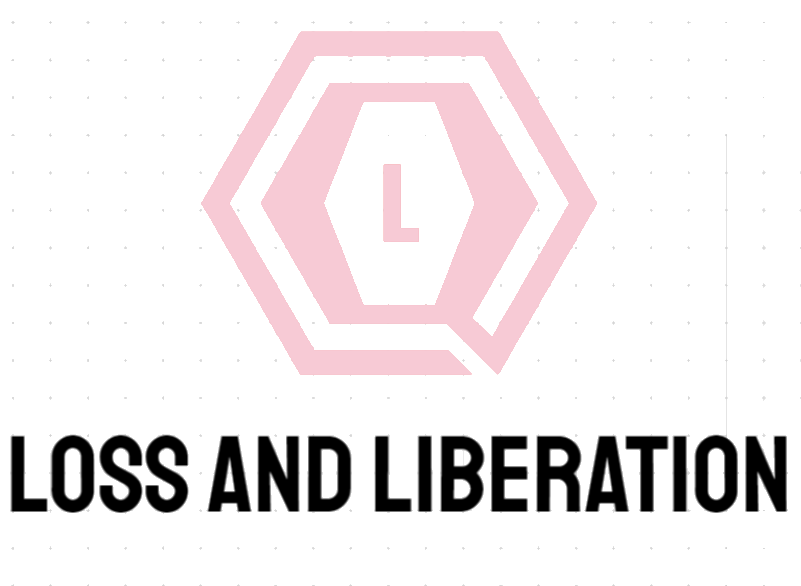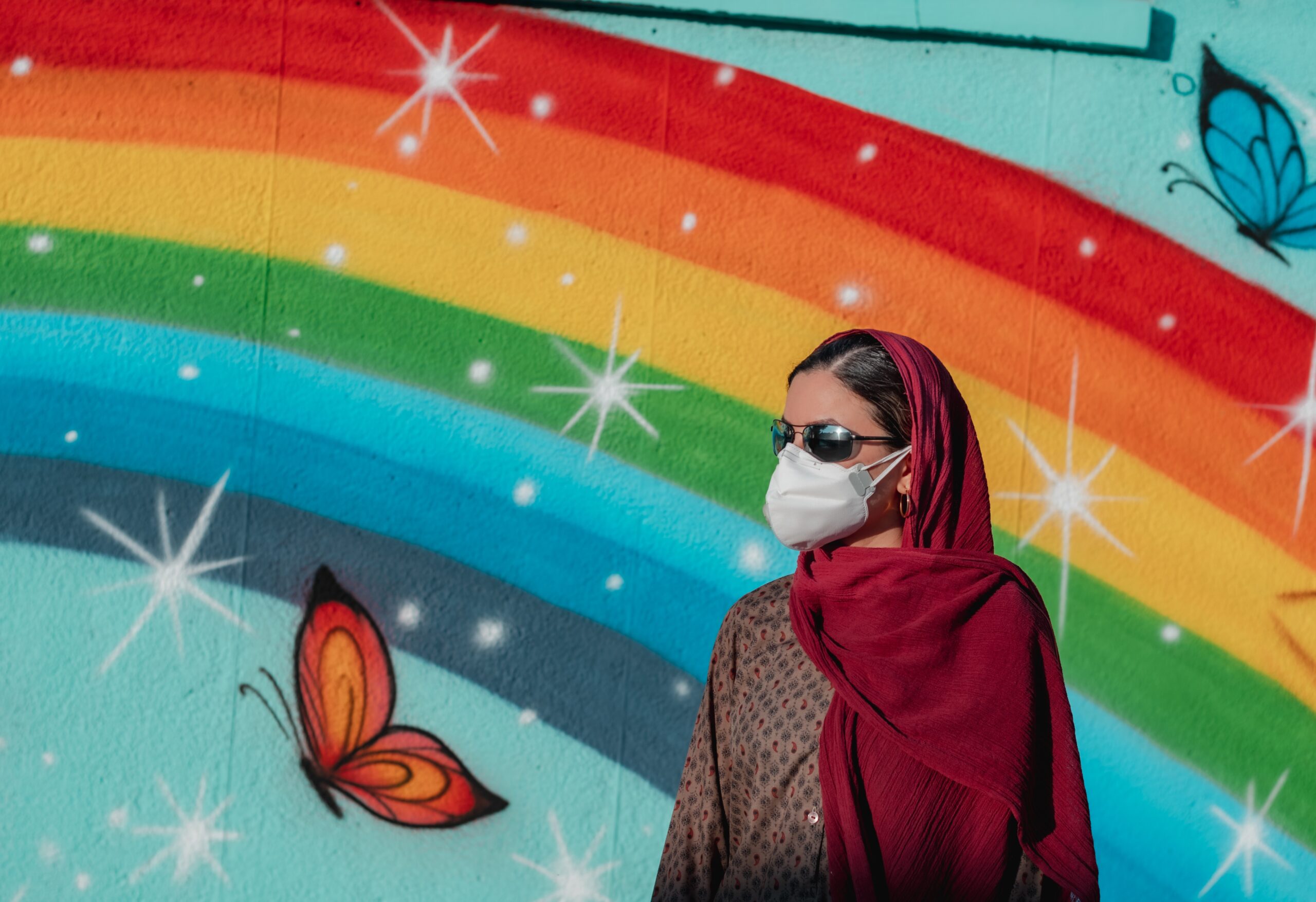Most often grief is defined as loss of a loved one, and understandably so. When we lose a loved one, we not only lose the person, we lose our plans for our lives together. Our need or expectations for them to be a part of our life is suddenly partnered with gaping emptiness. Our vision of the future, of a future ‘together’, is violently altered leaving us with a very different reality than the one we’d envisioned and counted on. When life shifts out of our control like this, our faith in the future can become broken. Our foundation is pulled out from beneath us and our belief systems are challenged. “If I can’t count on XYZ, what can I count on?”
Our nervous systems greatly depend on solidity and predictability. That conversation with your mom, your daily cup of morning coffee, your favorite face soap, Monday work meetings, play-dates with the kids down the street, a sense of home and regularity. Even the most adventurous of us finds comfort in familiarity and reliability. To varying degrees, each of us has an inherent attachment to life working out according to our plan.
In these moments of absolute uncertainty, I’d like to speak to this aspect of grief that mourns the loss of structure, of reliability, of certainty. I want to speak to our collective loss, why it’s important to name it, and to offer a few strategies for grief management.
Our elders are getting sick. Some are dying. Here in Bali, dear friends are being forced to move back to their home countries, some are being held in quarantines in countries that are not at all their homes, our communities are being torn apart by physical or social distance. All over the world, we are all losing friends and family to hysteria. Our children are missing school and many of us wonder how we can keep up with the bills while we are unable to go to work. We worry about the availability of food and basic supplies. The projects we most care about have come to complete halts and become suddenly and somehow ‘unimportant’ next to this pandemic. There is NO semblance of normal ANYWHERE and only speculations on how long this will last.
All of this grief!! What can we do??
First off, we can talk about it. Speaking aloud our concerns is an age-old, brilliantly effective way of dampening the fires. Unfortunately, in social media, I am seeing a lot of judgment and fear exchange. When someone in our community expresses a concern, they open themselves up to be shut down and criticized. Those who are afraid are told to relax and enjoy the ride. Those who are relaxed are called heartless and urged to take it more seriously. In a place where no one knows the ‘right’ way to feel, where the mystery holds so many scary implications, we try to find control any place we can. Often, this clamoring for control looks like righteousness. On behalf of anyone who has been shamed into silence, I urge us all to find compassion with each other, to be willing to listen to each dynamic reflection of this collective experience. The fear is real. The deep desire to find a bright side is also real. Each of our unique experiences is one piece of the collective, and we only get through to the other side by acknowledging and HONORING what is there.
Grief. I am grieving that we are not together in this. I grieve that this isn’t being handled the ways in which I think they should be. I grieve for my loneliness, for the loneliness and boredom of my child. I grieve for my financial woes magnified by this outbreak. I grieve for my plans, for my routine, for my freedom. I grieve that I feel selfish within my grief. I grieve in fear for the health of my parents, grandma, and elders in my community. I am grieving for my friends who cannot come home right now. I grieve for the nanny who works for the carefree nomad and fears she will bring the virus home to her elderly parents. I grieve because I was so excited about that thing and now… does it even matter? Do I have to let it all go??
This exercise. Name your grief. This is important. Get it out of your body. Write it down. Paint it. Burn it. Speak it to someone you love. Invite others to share. There is no wrong way to feel, so also no merit in shame. The first step to releasing grief is in acknowledging it, naming it, honoring it.
Next, sit with that. Breathe. Have infinite compassion with yourself for all of those feelings. Close your eyes, be still, and feel more. Let the feelings flow through you. Really feel where they might be getting stuck and breathe there. See if you can let the feelings be FEELINGS and not be YOU. Maybe shake your body, dance, or even yell! Movement is really key in releasing grief. As is compassion. Compassion for yourself first and foremost. Reassure yourself and your precious nervous system that feeling fear/anger/disappointment does NOT disentitle you to Love. You are worthy in all your seasons. Compassion for others will naturally follow.
I cannot advise directly on what to do about the current world crisis, so I do not. For my own mental health, I choose to focus on what is within my control. Each of us can claim sovereignty in our mental well-being. Find where you have power, and do your work there. It is in your power to find peace. No pandemic can take that from you.
*There is genuine concern that arises when working with grief. People often worry about getting stuck in what can seem like insurmountable darkness. I acknowledge that it can be SO CHALLENGING to look at and speak of our worries. It HURTS to acknowledge the pain! We’ve also been trained that ‘Good Vibes Only’ is good for us, and that resonates because avoidance is exactly what feels best in the moment. There are many ‘feel good’ distractions that can temporarily distract us from our grief. In moderation, this is most likely harmless. However, we can dismiss our sorrows for only so long before they catch up with us. The longer we delay this self-awareness and acknowledgment, the more damaging the mental, emotional, and spiritual repercussions may be. I believe the ONLY way out is through. Our sadness will not go away with a ‘No Bad Vibes’ mantra. Your sorrows deserve a voice. Your grief NEEDS you to listen. Only THEN can it transform. There is no skipping this step. I know it can be scary to go into those dark places and take inventory. You don’t have to like what you find. Most likely you will not. Yet in order to get that shit to the garbage dump, you must first carry it out to the curb, piece by piece. If you are willing, I promise you will be rewarded. If you need support, please reach out.*




yoga
January 2, 2022 4:30 amGreat article! We are linking to this great article on our website.
Keep up the great writing.